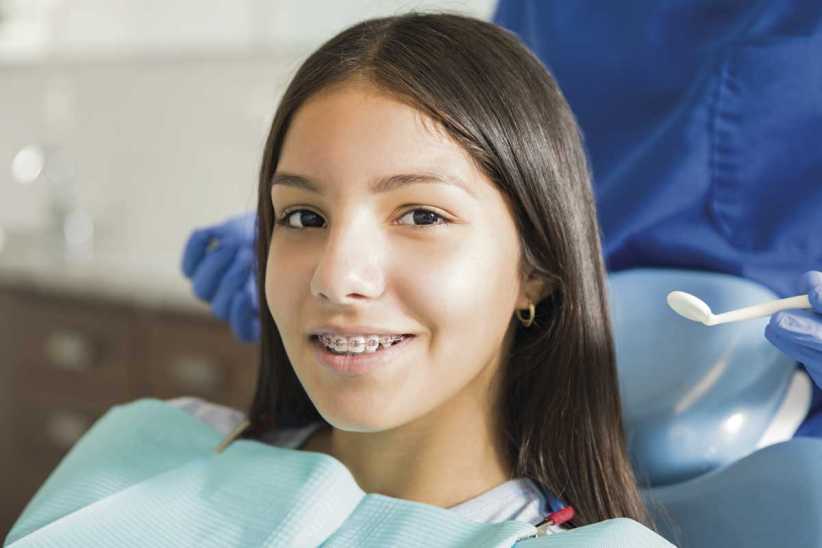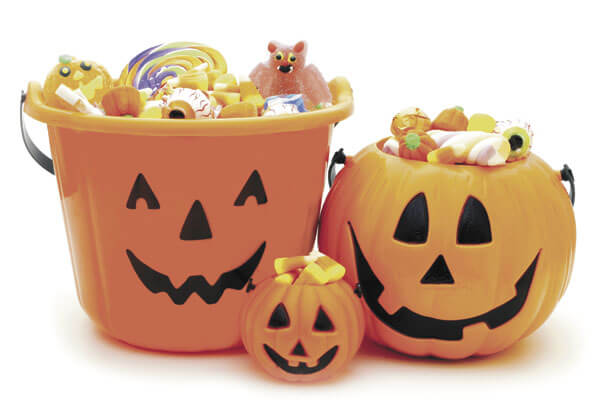
Parents Guide to Dental Care for Kids
Smile! It’s time to check in on your child’s pearly whites! With so much going on in the world, it’s understandable that some routine checkups may have fallen by the wayside, and that—unfortunately— can include regular dental exams and keeping with a good dental-care routine.
Although challenges from the COVID-19 pandemic continue, a new year gives you a clean slate to start fresh by scheduling appointments, establishing good brushing habits and following a balanced diet for good oral health.
Taking care of your child’s oral health is important, and shouldn’t be overlooked. Early childhood checkups help prevent dental disease, cavities and tooth decay. But if your child missed a few checkups during the pandemic, don’t despair. It’s very easy to get back on track with a good dental-care routine.
Not sure where to start? Don’t worry! We spoke to several experts who gave us the low-down on pediatric dental health. Whether you’re the parent of an infant, toddler or adolescent, here are some tips for creating a solid dental care routine for your kids to help keep their smiles healthy and happy for years to come.
The First Dental Appointment
Good dental health is important at every age, and the earlier you start taking care of your kids’ teeth, the better. It all begins with that very first dental visit.
“We recommend that parents schedule their child’s first pediatric dental visit by their first birthday,” says Dr. Dionne Finlay, DDS, owner of Smile-Savers Pediatric Dentistry in the Bronx. “This visit will establish a dental home or ‘home base’ for their child’s dental needs.”
Dr. Despina Pappas, DDS, of Pappas Pediatric Dentistry, Bayside, agrees that bringing your child to the dentist at this age is key. “All children should have their initial dental visit during their first year of life in order to help prevent dental disease,” says Pappas.
Wondering how often your child should see the dentist? The American Academy of Pediatric Dentistry (AAPD) recommends a dental check-up at least twice a year for most children, but also notes that your pediatric dentist can tell you when and how often your child should visit based on their individual oral health.
How Important are those “Baby” Teeth?
Don’t underestimate the importance of baby teeth. Sure, they’ll eventually fall out to make room for your child’s permanent choppers, but baby teeth are important for many reasons. According to the AAPD, not only do baby teeth help children speak clearly and chew naturally, they also aid in forming a path that permanent teeth can follow when they’re ready to erupt.
Preventing Tooth Decay
Taking care of your child’s teeth should begin early, even before their baby teeth come in. The team at Pappas Pediatric Dentistry recommends cleaning your child’s gums with a soft cloth and water starting at birth. As soon as your child’s teeth erupt, brush them with a soft-bristled toothbrush.
As kids grow, brushing, regular dental visits and a balanced diet are keys for good dental health. According to the AAPD, your dentist can recommend a specific program of brushing, flossing and other treatments for you to supervise and teach to your child.
Make Brushing Fun!
Brushing is number one when it comes to home dental care—at any age! And as most parents know, kids should brush their teeth twice a day for two minutes each time. Unfortunately, getting some kids in the routine of brushing can be quite a chore.
Thankfully, there are some tips and tricks parents can use to get their kids in the habit of brushing. Dr. Finlay from Smile-Savers Pediatric Dentistry shared some great ways to get your child excited about brushing:
Create a Routine—and Stick With It. It can be tempting to skip brushing your child’s teeth at night or after a long day, or even when you are running late in the morning. However, the more consistent you are, the more likely they are to stick with the routine.
Keep it Fun! Using a daily brushing calendar with prizes or treats for successful completion can be a great form of positive reinforcement for young ones.
Let the Little Ones Show Off. Parents should supervise brushing until children are old enough to do a thorough job, which is around age 7 or 8. In the early years, take advantage of their growing sense of independence, and let them show off their tooth-brushing skills before you offer to help.
Toothy Tunes. Two minutes can seem like an eternity to a child. To help pass the time and make it fun, play your child’s favorite song on your phone, sing a song or even make up a song for two minutes.
Practice Makes Perfect! If your child has a favorite doll or stuffed animal, you could have them pretend to brush their teeth, too. After all, good oral health is important for everyone!
Also, remember to lead by example. Children often imitate what their parents do, so let the little ones see you brushing your own teeth. They might be intrigued enough to want to try the task themselves.Now that you have a checklist for creating a solid dental-care routine, here’s to a 2022 filled with many bright smiles!
Psst… Check out Thrift Shopping in NYC: Expert Shares Tips!






















